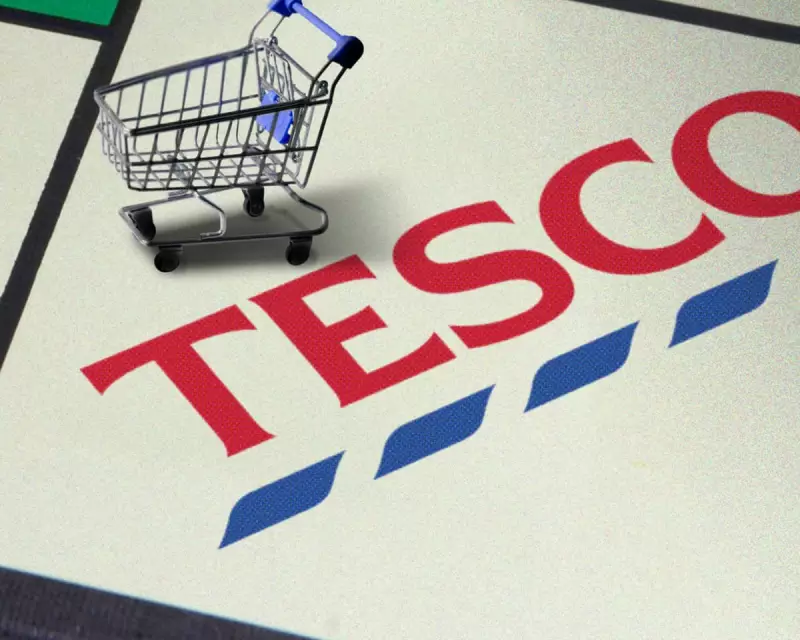
Britain's retail landscape is becoming increasingly Tesco-shaped as the supermarket behemoth extends its market dominance to levels not seen in nearly a decade. Fresh industry data reveals Tesco has widened its lead over rivals, cementing its position as the nation's undisputed shopping destination.
The Numbers Don't Lie: Tesco's Growing Market Share
According to the latest Kantar figures, Tesco's market share has climbed to 28.1%, marking its strongest position since 2015. This represents a significant 0.8 percentage point increase year-on-year, demonstrating the retailer's accelerating momentum in a highly competitive sector.
Meanwhile, traditional competitors are feeling the squeeze. Sainsbury's holds steady at 14.8%, while Asda and Morrisons continue to lose ground, with market shares of 13.1% and 8.6% respectively. The German discounters Aldi and Lidl, once the disruptors of the industry, have seen their explosive growth tempered, though they maintain substantial presence at 10.2% and 8.1%.
Strategic Masterstrokes Behind Tesco's Success
Price Leadership in a Cost-of-Living Crisis
Tesco's 'Aldi Price Match' campaign has proven particularly effective, reassuring budget-conscious shoppers they don't need to visit multiple stores for the best deals. This strategy has helped the retailer retain customers who might otherwise have defected to discount alternatives.
Digital Dominance and Loyalty Innovation
The supermarket's Clubcard scheme continues to be a game-changer, with personalised offers creating a powerful incentive for customer loyalty. Their online shopping platform remains the most sophisticated in the sector, capturing a significant portion of the growing digital grocery market.
The Competitive Landscape: Challengers Struggle to Keep Pace
While other supermarkets are implementing their own strategic responses, none have managed to halt Tesco's advance. The competitive pressure is particularly acute for mid-market players caught between Tesco's scale and the discounters' low-price appeal.
Industry analysts note that Tesco's success stems from executing effectively across multiple fronts simultaneously: competitive pricing, digital innovation, store experience improvements, and strategic promotions.
What This Means for British Shoppers
Tesco's growing dominance presents both benefits and concerns for consumers. On one hand, the retailer's scale enables competitive pricing and consistent product availability. On the other, some industry watchers worry about reduced choice in the market and the long-term implications of such concentrated retail power.
As Britain's cost-of-living challenges persist, Tesco's ability to maintain its position will depend on continuing to deliver value while innovating to meet evolving consumer expectations. For now, the retail giant shows no signs of relinquishing its crown.





